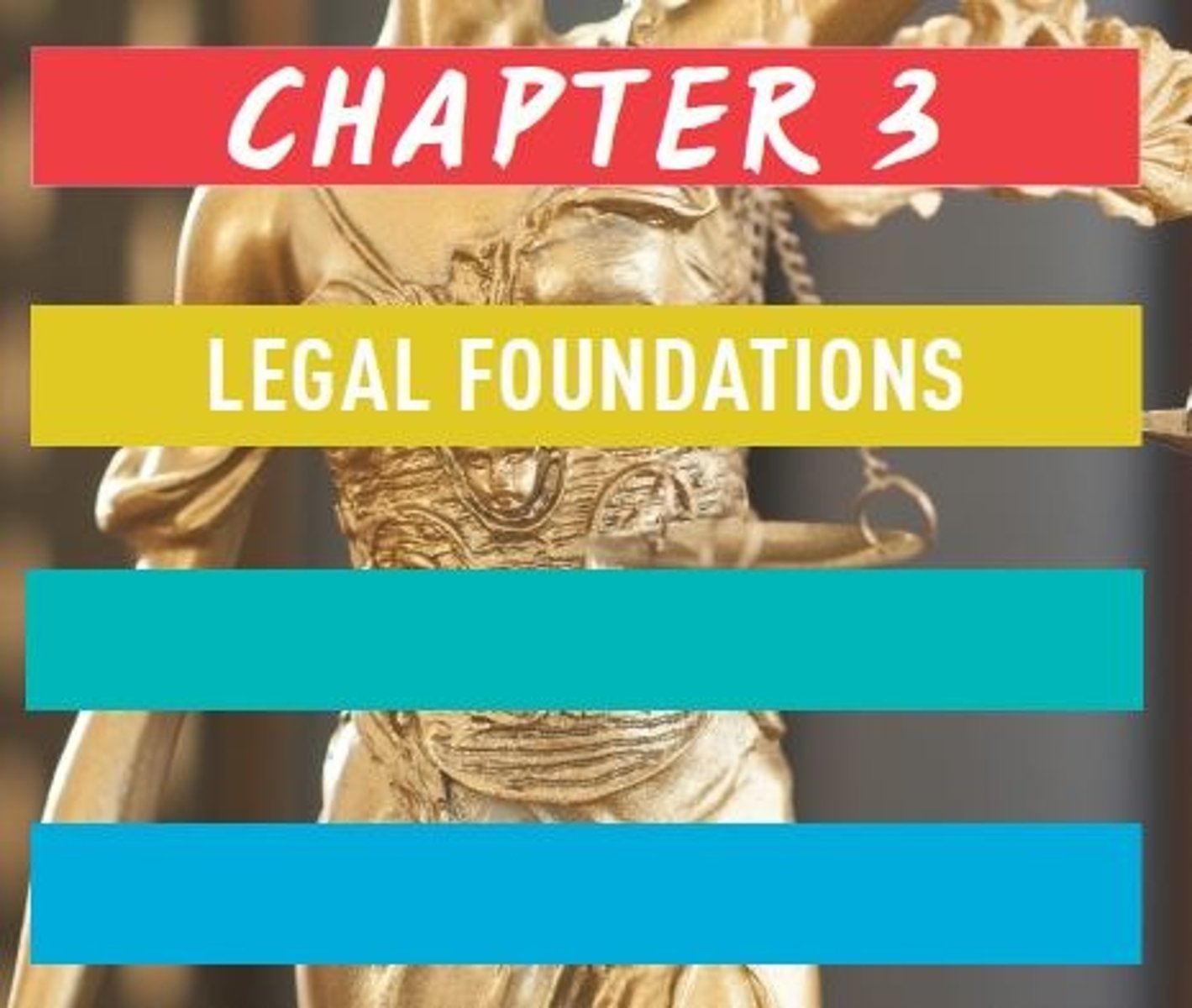Chapter 3 Legal Foundations | Legal Studies for VCE Units 1 & 2
1/10
There's no tags or description
Looks like no tags are added yet.
Name | Mastery | Learn | Test | Matching | Spaced | Call with Kai |
|---|
No analytics yet
Send a link to your students to track their progress
11 Terms
access
one of the principles of justice; this means that all people should be able to understand their legal rights and pursue their case

binding precendent
the legal reasoning for a decision of a higher court that must be followed by a lower court in the same jurisdiction in cases where the material facts are similar
civil law
an area of law that defines the rights and responsibilities of individuals, groups and organisations in society and regulates private disputes (as opposed to criminal law)
common law
law made by judges through decisions made in cases. Also known as case law or judge-made law (as opposed to statute law)
crime
"an act or omission that is (1) against an existing law, (2) harmful to an individual or to society as a whole, and (3) punishable by law"
criminal law
an area of law that defines behaviours and conduct that are prohibited and outlines sanctions for people who commit them (as opposed to civil law)
equality
one of the principles of justice; this means people should be equal before the law and have an equal opportunity to present their case as anyone else, without advantage or disadvantage
fairness
one of the principles of justice; this means having fair processes and a fair hearing. This means that the parties in a legal case should have an opportunity to know the facts of the case and have the opportunity to present their side of events, and the pre-hearing and hearing processes should be fair and impartial
persuasive precedent
the legal reasoning behind a decision of a lower (or equal) court within the same jurisdiction, or a court in a different jurisdiction, that may be considered relevant (and therefore used as a source of influence) even though it is not binding
precedent
a principle established in a legal case that is followed by courts in cases where the material facts are similar. These can either be binding or persuasive
social cohesion
a term used to describe the willingness of members of a society to cooperate with each other in order to survive and prosper